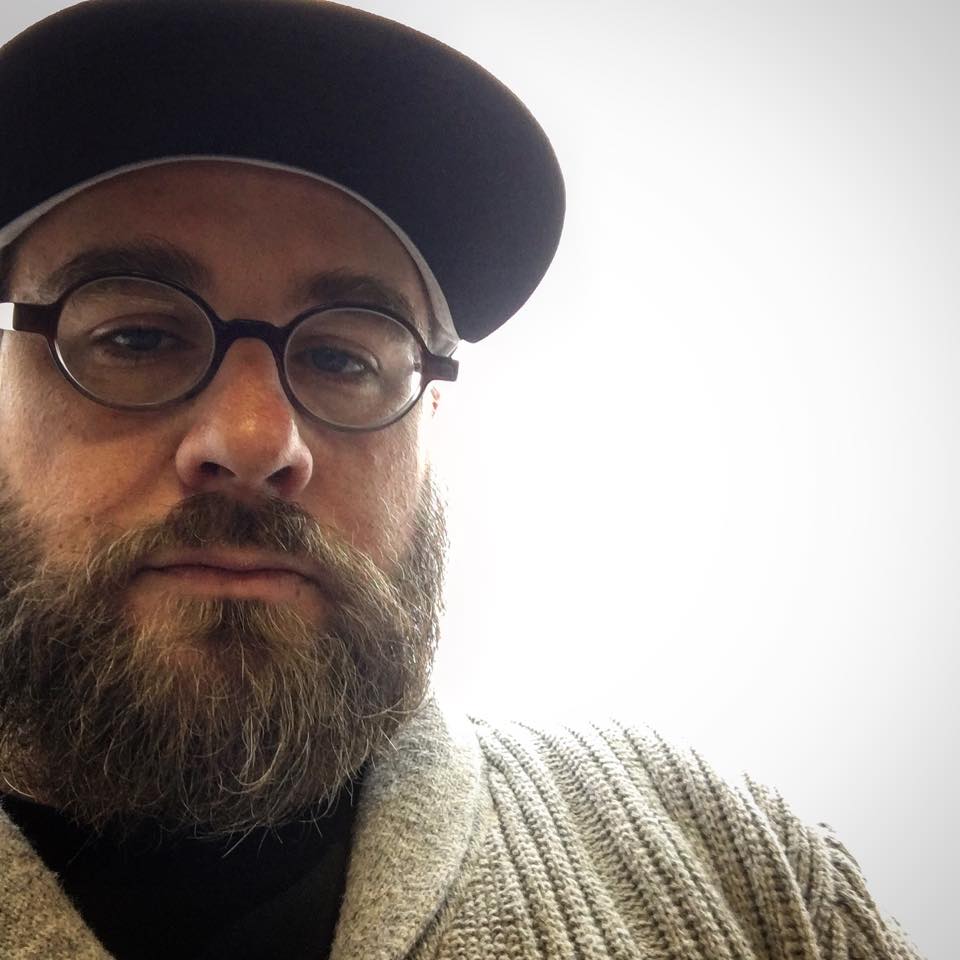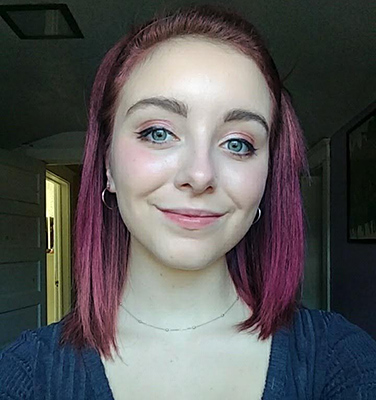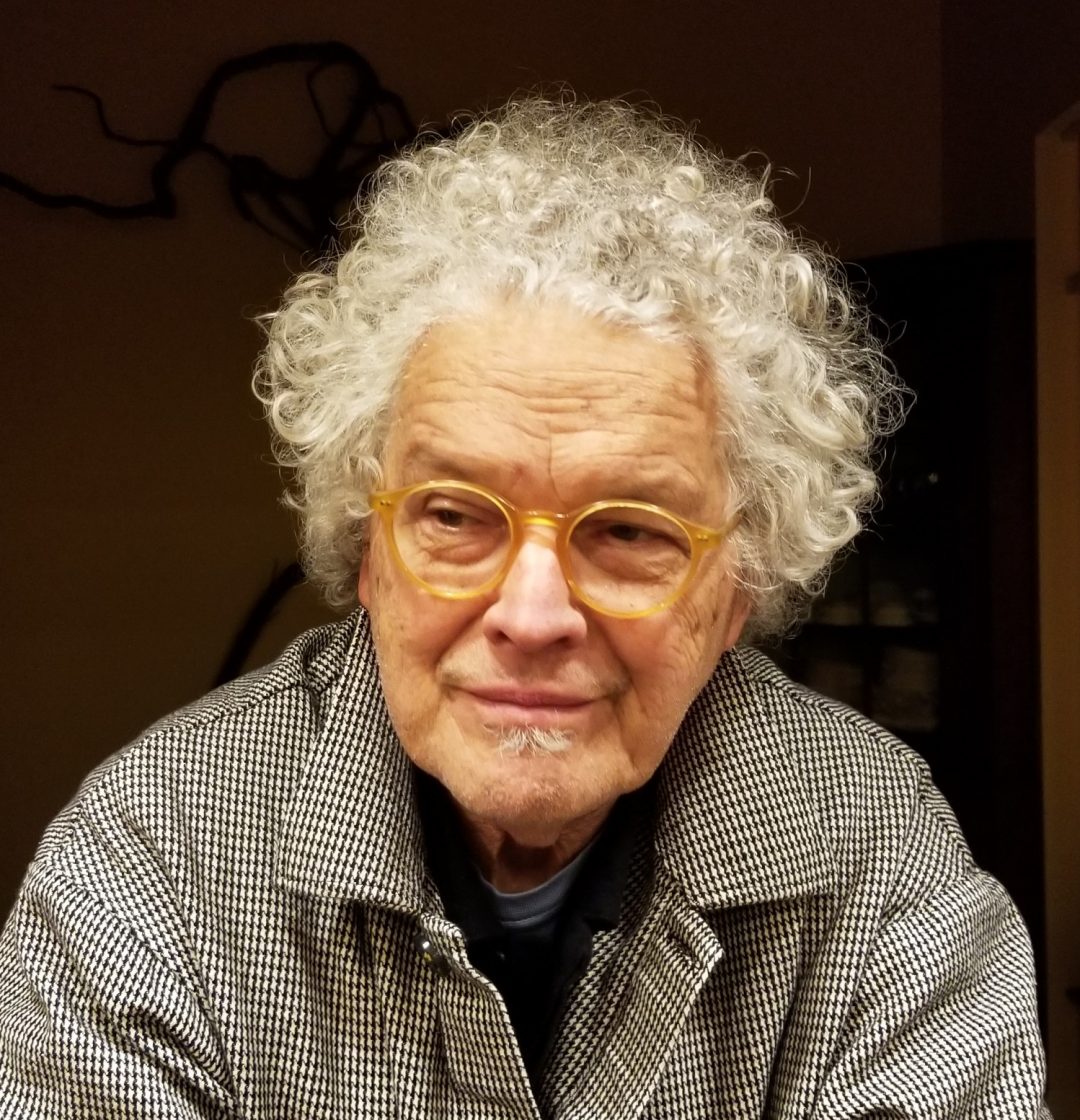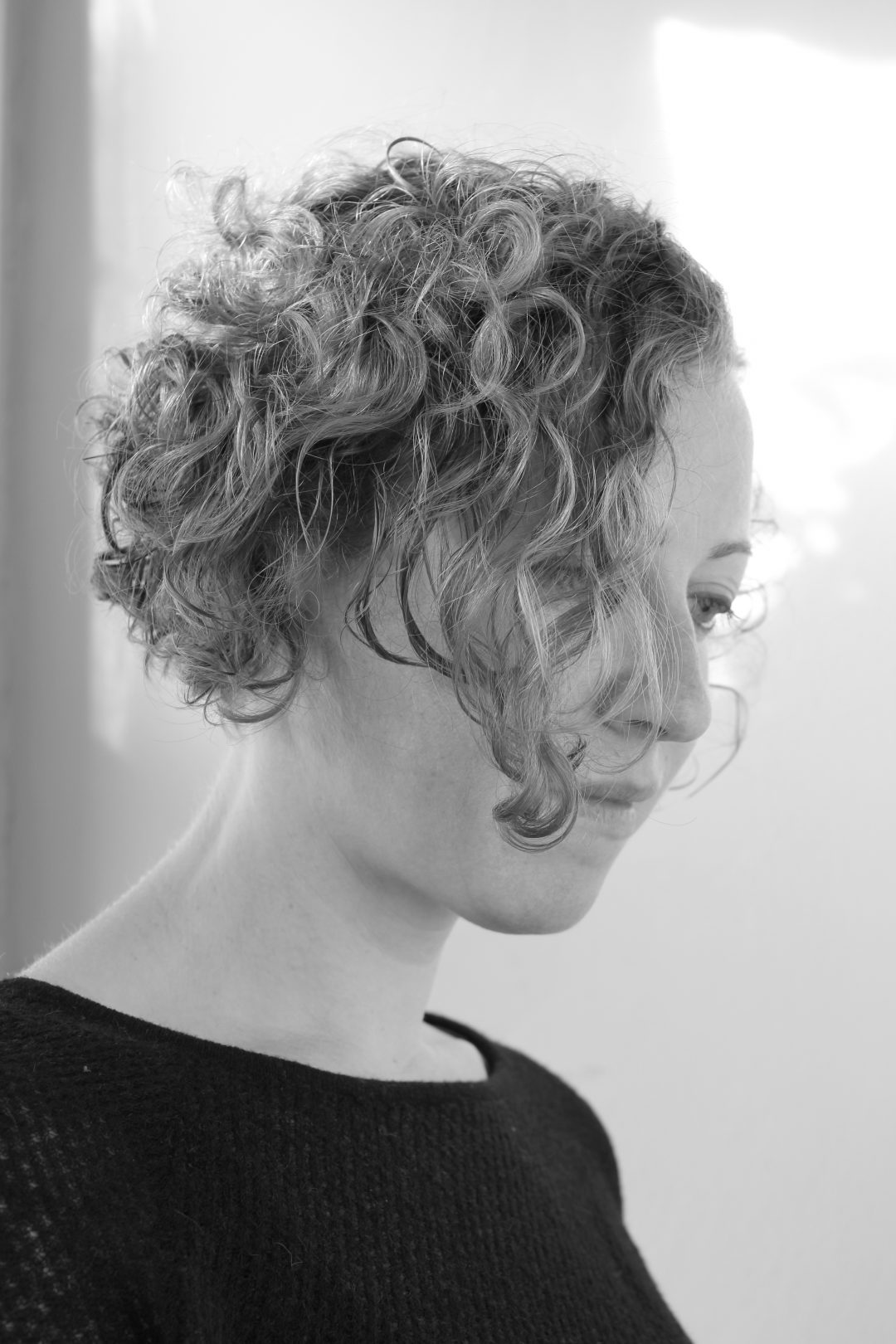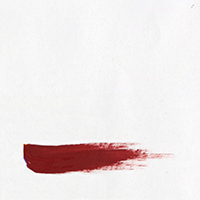Precautionary Tales
One of the strangest side-effects of fatherhood is this: I often find myself in an awkward space where memories of my own childhood injuries mingle uncomfortably with those of my children. Through the prism of memory, mine are anecdotes crafted around the humor of surviving the slings and arrows of games we can no longer play on the playground and the dangers we invented when the adults weren’t looking. Did we really cheat death as a pastime before there were video cameras and social media to document it? It sure felt like it at times.
Conversely, each time I experience the blood and bruises of my children, all I find is a mingled sense of culpability and secondhand pain that feels first and foremost like fault. As a child, I was only responsible for—though rarely with—my own choices. As an adult, my task is to help my kids discover the dual reality that they must be safe but also weather the pain life will inevitably bring or they will end up hiding from what makes that life worth living. Written out, this is such a weirdly impossible task, the finding of some balance between laughing at our pain while validating the tears it creates. And yet, it’s an expectation, one complicated by the fact that childhood injuries hurt everyone involved, not least parents.
I do wonder, though, if there is something to be learned from the laissez-faire child rearing of the 70s and 80s beyond the nostalgia-drenched memes of how much better being a kid felt in those days. Maybe there’s a way of figuring out how today’s model of childhood became so restrictive. Maybe we can see the origins of our self-fulfilling prophetic thinking that made us to create a world where our kids can’t leave the house without a GPS-enabled phone for fear of their being snatched while riding their bikes around the neighborhood.
Or, maybe we’ll discover that regardless of the era, hurt will happen no matter how padded we make the playgrounds and some of us are just more fortunate than others with the fallout when they do. Maybe parenting kids is just another frame of reference through which we experience injury. Maybe we need to learn how to better negotiate those injuries if we’re going to help our children do the same.
*
In the late 70s, my family lived in a double-wide, not-so-mobile home that played the part of a Jiffy Pop in the Southern California heat and was the site of my most singularly ridiculous, self-inflicted injury. Really, it’s quite insignificant, the stuff of limited spatial recognition and fuel for light-hearted family mockery in the years since; a big moment for a four-year-old that became a dinnertime story to remind me of my humanity when I’d get to feeling too good about myself.
Dad pastored a tiny desert church in a tiny desert town called Borrego Springs for those playing at home. Mom worked as a teacher’s aide and drove the school bus to bolster Dad’s salary. We didn’t have much in the way of the material, not even air conditioning, just a swamp cooler exhaling moist air into the narrow hallway running the spine of the trailer. On the hottest nights, my brother, sister, and I would lay like cord wood on the floor directly under the vent, only slightly cooler for having done so. We’d also sleep like this in the back of our enormous brown Ford Gran Torino station wagon on long nighttime car trips. Seat belts were for suckers.
What we did have was a surplus of disposable time and 70’s levels of parental supervision. A caveat: my parents weren’t at all neglectful. They were busy scraping together a living in a town that left us, really, nowhere to go. So, we roamed—a blonde-headed group of kids often assumed to be older than we were—and found ways to amuse ourselves.
By three, I was swimming in the deep end of the pool in our trailer park on my own because learning the heat stroke was my least favorite swimming lesson. Dirt clod fights were common, lasting until someone *accidentally* threw a dust-wrapped rock and *accidentally* hit another kid in the face. Some older kids made a fort out of a small pit just outside the fence line of the park by putting a sheet of plywood over the top of it. This was cool until one guy slid inside and found a snake curled up in the fort, avoiding the same sun he’d hoped to get out from under.
Speaking of snakes, a sidewinder once slithered onto the path I walked from the bus stop to the park’s back gate and chased me all the way there. At least, it felt like that to my kindergarten brain. I’m not sure I’ve ever Usain Bolted faster and I still hate snakes.
Speaking of running, a friend of ours would walk barefoot across the asphalt paths of the trailer park in the dead of summer. Actually, stroll is a better term for what she did, unaffected like her soles were asbestos-coated or layered in callouses so thick they rendered her nerve endings useless. I tried to imitate her once, only to end up sprinting from the shadow of one bush to the next, leaving pieces of skin stuck to the path until I fell into the pool and cried.
Speaking of pain and tears and indigenous desert plant life, that brings me back to my injury. If every rose had its thorn for Brett Michaels, I guess my radio ballad would focus on a metaphorical cactus and its quills. But there’s little love anywhere in this song. And, to quote White Goodman, it’s a metaphor, but it actually happened.
*
“The boy. He fell down.”
I turned to look at Bronwyn, the four-year-old niece of a former high school basketball player I’d coached, and stood up immediately. Her face was slack with terror and the boy she was talking about was Holden. When I looked up across the section of bleachers where they’d been playing tag, I couldn’t find him.
“Where did he fall?”
She pointed to the top corner of the stands and I was running before her arm dropped. The game—alumni players against the current team—went on behind me and the squeal of shoes against the court seemed incredibly loud. At the top row, I turned right and made my way along the cinder block wall, roughly 21 feet air.
I expected to see my son, a small-for-his-age kid given to bursts of uncoordinated daring, lying in the space between the rows. Instead, I found a hole in the bleachers just big enough for a three-and-a-half-year-old to drop through, but only if he didn’t see it coming. Because I didn’t see it coming.
I crouched down and peered into the dark space below, calling his name. I couldn’t see or hear him. He’d been swallowed whole.
*
They really don’t tell cautionary tales these days like they did when I was a kid. Viral hoaxes like eating detergent pods and threats of a school shooting become equally fictional product recalls and even faker congressional committee hearings. In my day, just one kid had to get brain damage from huffing rubber cement fumes or suffocate in a refrigerator while playing hide-and-go-seek and it became an after-school TV movie played at school as a “special presentation,” a “very special” episode of Emergency, and a pithily-sloganed anti-drug campaign triggering systematic mass incarceration disproportionately targeting people of color. Say what you want, but the helicopter parenting of the 70s and 80s was swift, decisive, and most likely done by the Man, man.
Conspicuously absent from those warnings, however, was one regarding the dangers of that unassuming desert porcupine, the dome-shaped cactus. Specifically, the fishhook barrel cactus—ferocactus wislizeni to serious cactus lovers—primarily found in Mexico and from Texas to Arizona. Luckily for me, at least one found the Anza Borrego desert soil outside our trailer hospitable enough to call it home.
Its name is not ironic. Layered in thick spines with a barb-like hook at the end of each, these little bastards are usually left alone by animals looking for the water cacti store inside themselves…animals with more sense than smaller me, it would seem. We had a young, dome-shaped version in our small cactus garden. Yeah, we had a garden of hostile plants. You didn’t? We also had a pet rock on the kitchen counter and a giant wooden fork and spoon hanging from the dining room wall because these things were required in the 70s, along with radar dish-shaped wicker chairs and macramé houseplant hangers. In that spirit, did you really live in the desert if you had no domesticated cacti? Our garden was surrounded by railroad ties that likely would require a warning sign for passers-by in today’s liability climate. Probably should have put one up for me too, not that I’d have paid it much attention.
For most of the time we lived in Borrego, I maintained a generally ambivalent relationship with the various cacti there. Sure, sometimes I grabbed a flat, ear-shaped piece of prickly pear (opuntia) or a spiny grenade-round bulb of jumping cholla (cylindropuntia bigelovii) and threw it at a friend. Jokes that stung were the best kind. But those moments were rare and usually ended in a spanking, so I generally chose to abide by a live and let live philosophy with all quilled plants. I wish that fishhook barrel had paid me the same courtesy.
*
The access panel for the bleachers wasn’t where I remembered. I coached some of the first games played in the that building, years earlier, and was sure I knew where to find it until I got to the bottom of the stands and didn’t. Add that to the list of my failures that night. The gym was almost silent by that point, the game halted, and everyone in the building forming human brackets around the middle of the stands.
“Where’s the panel?!” I shouted to no one in particular and found the answer myself in a gap in the seats 20 feet from me. I had just reached it when my best friend Will, who’d been coaching the current squad in the game, lifted Holden through the open panel and set him prone onto the closest surface. He was dazed and dissolved into tears immediately when I knelt down next to him.
“He’s ok,” Will said. “I think he’s ok.”
I looked Holden over, trying and failing to find any marks or cuts. His pupils looked ok, but I’m not that kind of doctor. His irises were dark enough that their usual difference in color—they are hazel with one greening toward sage and the other a browner shortbread—was washed out. I ruffled his brown hair to see if there were any hidden marks or softness and moved his arms and legs gently. In general, he looked ok, but he was still crying. Hard.
“What hurts?” I asked.
“My back. I hit it. And now everyone’s looking.”
I glanced up to find what felt like every eye in the building trained on us. I also saw the EMT’s pushing through the gym doors. Holden saw them too and cried harder.
*
The punchline: I sat on a cactus shaped, oddly, like the bowl-cut hairstyle my parents were fond of getting ours cut into. I wish there was a cooler set up. Like I was trying to ride our neighbors moped and fell into it. But falling off Dottie’s motorized bike wouldn’t happen until I was six. Maybe I’d feel better if I’d been launched onto it one of the times my eight-years-older brother made it seem like he was going to shove me into something. But Paul was gentler with me than I had any right to expect, especially given that we shared a tiny room and he was often the one who put me back into my top bunk when I’d fall out at night.
Naw. I just wasn’t paying attention. It was hot. I’d been aggressively throwing rocks out into the open desert just beyond our trailer park—excuse me, mobile estates—and was tired. As I remember the moments before touchdown, I was vacillating between getting a drink from the hose and collapsing in the mid-morning sun so I could yell for Mom to bring me one. It must have been a Saturday or late afternoon if she was there to get yelled for.
Collapse won out and I went to sit on one of the railroad ties around the garden, misjudging the distance between me, my intended seat, and my would-be assailant. I often did this as growth spurts and their accompanying spells of clumsiness were common throughout my childhood. Simpler version, I overshot and sat directly on top of that fishhook barrel cactus with all of my four-year-old weight.
The pain was searing and immediate and caused my second mistake, well, third if you count being born, which created the possibility of sitting on a cactus in the first place. In the moment, it felt like my ass was on fire and I stood straight up, tearing several of the hooked quills out of the cactus but not my skin when I did because combining two sharp edges pointing in the opposite directions is a very effective design for keeping fishhooks and cactus spines anchored in the flesh they pierce.
*
Heather picked up on the third ring. She was having coffee with a friend less than a mile from the gym. She was also six months pregnant.
“Holden had an accident. But the good news is he’s conscious.”
“He’s conscious? What happened? Wait, were those sirens I just heard for him?”
Fear crackled in her words. I gave her a quick summary while I held Holden’s hand and the EMTs looked him over. They were more concerned than they might normally have been because a young girl had fallen to her death from a luxury box at a Lakers game earlier that week. I tried to reassure Heather but mostly made things worse.
“I’m on my way.”
By the time she arrived, the paramedics had come to the same conclusion I had. Holden looked ok, but who knew what kind of internal injuries he might have sustained falling from a height equal to more than seven of him. They’d just finished strapping him to a back board and were discussing which hospital would be best for getting x-rays and a second opinion.
“I’m sorry. I should have watched him.”
I looked down and found my daughter next to me. It was the first I’d thought of her since the fall. She was crying, quietly, and I hugged her.
“Oh honey, this isn’t your fault.”
“I’m supposed to help.”
I hugged her again, but I felt the same futile sense of responsibility for his fall. And I’m sure she could tell I did. Not even eight years old yet, and I’d taught her to carry guilt that wasn’t really hers to pick up in the first place.
A few minutes later, an EMT pulled Heather and I aside to ask which one of us would ride with Holden in the helicopter to the hospital.
“A helicopter? Really? Why not an ambulance down the street to Whittier Presbyterian?”
“We need a pediatric trauma center. There are three: L.A. Children’s, Orange County Children’s, and King/Drew. It’ll take a couple hours to get to any of them tonight.”
He was right about the traffic. It was the night before Thanksgiving, which made every freeway a clogged artery. There wasn’t really a discussion. Heather followed his stretcher to an ambulance in front of the building and, for a mere $1,200, they were driven 300 yards to the football field where a life flight landed, scooped them up, and lifted off.
“Where are they being taken?” I asked the same EMT.
“King/Drew.”
I thanked him, made a couple of brief calls to family members who were expecting us to arrive later that night, and then loaded my daughter in the van to head for a hospital known un-ironically as “Killer King,” a knot of dread in my throat.
*
On the list of best moments in my life, lying face down and pincushion up in warm bath water so my mother could pluck cactus quills from my body is conspicuously absent. The hurt and embarrassment merged in the way she kept shaking her head with a mixture of disapproval and lack of surprise at my finding a new and creative way to hurt myself. Every time she plucked out a quill, a shiver of pain ran up my spine and down the backs of my legs, drawing another head shake from her. At dinner that night, it hurt to sit, so I stood at the edge of the table while one of my siblings asked if I had hemorrhoids and everyone else laughed. It was the first of many jokes they’d pull out when the situation warranted, which was often if the frequency of their comments was any indicator.
The cactus, stripped slightly bald in one small section, was unmoved when I went out to look at it the next day. Within a week, I was able to laugh about it all, and in a couple more I’d moved on to only thinking of the episode with mild annoyance. Like most childhood injuries, the acuteness of the moment faded almost immediately while life presented perspective in new and unique pain. There isn’t even a scar to act as a memorial, just the story I’m the only one still telling because I’ve provided my family much better material in the years since.
*
When I was a young reporter just out of college, I carried a note in my wallet at all times. It read, “Under no circumstances am I to be taken to King/Drew for treatment.” As my daughter and I walked through the second set of metal detectors in the lobby of the hospital that night, I tried not to think about that note, or that County was where you went to have the wrong organ taken out or to be forgotten in a hallway while you waited for someone to come check on you. And yet, this is where they’d brought my son, whose condition was a complete unknown given the ban on cell phone use that prevented Heather from calling me.
By the time we reached the emergency room where they were treating Holden, he’d been examined, had an ultrasound that convinced him he was carrying a baby just like his mom, and was waiting for x-rays to confirm that, in fact, he had not been seriously injured in any of the many ways he might have been. A brief overview of those potential injuries avoided:
- He fell straight down, missing every edge of a hole less than a foot wider than he was;
- The section of steel bleacher skeleton under where he fell was the narrowest of the structure with bars on all sides creating a space about the size of the hole from fall to floor. He hit none;
- He landed feet first without breaking a bone, tearing a ligament, or splitting his head open when he toppled over;
- The fall was so surprising he didn’t tense up, his muscles and joints spreading the impact across his body and limiting damage to any specific place.
In essence, he dropped like a stone but landed like a pad had been placed beneath him, something so close to miraculous I often think of it that way. The kid fell 21 feet and walked away—literally—with a strained muscle in his back and a prescription for rest and painkiller. Of course, the trauma of that kind of fall isn’t always visible and can be more difficult to treat than physical pain.
*
If you look only at the bodily implications, these two incidents led to similar places, though only one had the potential to completely alter a life. This is why we don’t joke about Holden’s fall much, just remember the details and how thankful we are he wasn’t injured more severely. I also feel guilty. For his falling. For my failing.
Despite the fact that he was back to playing a few days after the accident, Holden was different, less sure and less quick to smile. Quieter and smaller, it seemed. Sometimes when I’d pick him up quickly, he’d stiffen against my arms and beg to be set down. I often wonder if his fall plays into the anxiety he carries to this day. Each time I do, the feeling of being unable to see him in the dark space under those bleachers wraps itself in the guilt I feel for all the ways I know I could have been a better parent for him in so many unrelated moments.
I wonder if my parents ever felt this way about my more serious mishaps as a kid. I assume they must have, but maybe not. It was a different time, after all, and parents had different scales to measure their adequacy against. Maybe someday I’ll ask. Holden’s almost 12 as I write this and when I ask him about falling, he tends to brush the subject off. But when he tells me the story, it always begins with these words:
“Do you remember when I fell?”
Those six words shift me from the self-centered act of keeping my own memories to validating some of his most important ones; to help hold present a concrete experience receding into the shadows of his past; to help him tell the story until it feels like it’s his to own. Maybe this is a part I can play in ushering him past the parts still lodged inside of him. Maybe I’m just lodging them more deeply. As a parent, I have no model for this. I’m the teller of my family’s stories and my folks were of the Walk It Off School when it came to getting hurt.
I can’t help but wonder what Holden’s story will include later in life. Will it be a key to his understanding himself or just a story he’s been told so many times he merely thinks he’s remembering it as his own? There’s really no way to know, even as these are the questions I think most parents end up asking themselves at one time or another.
_____________________
Michael Dean Clark is an author of fiction, literary essays, and occasionally poetry. Most recently his work has appeared in The Jabberwock Review, The Other Journal, Pleiades, Hoosier Lit, and Angel City Review, among others. Formerly an award-winning journalist, Clark is also the co-editor of the collections Creative Writing in the Digital Age and Creative Writing Innovations (Bloomsbury Academic). Follow him on Twitter at @MDeanClark or Instagram at @mdeanclark.

